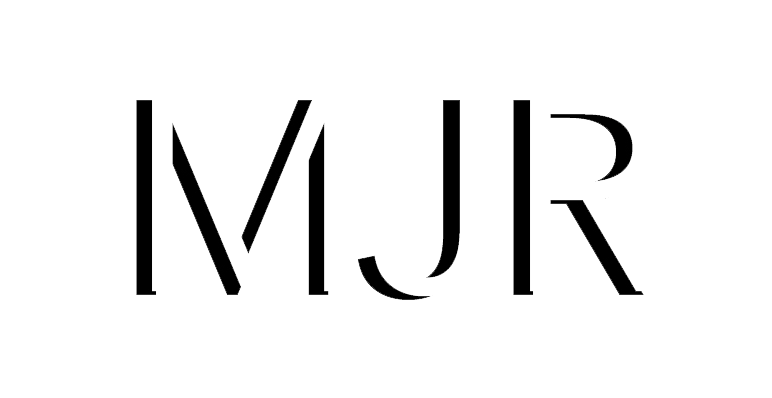A few weeks ago I had my second language learning coaching session with The Everyday Language Learner's Aaron Myers, a birthday present generously given to me by my family. During our first session we talked about directed and motivated ways of breaking through with German, but now I am at the point where I must say "bon jour" to an old friend: français. This will be the fourth time that I've set out to learn French, a language with which I've had an on-again-off-again relationship since elementary school. Back then, I was intrigued by the luxuriant sounds of the language and inspired by my ancestry to francophone Canada. Today I continue to delight in the sounds and the heritage, with the addition of UCSB requiring it for Musicology, the possibility of my PhD work focusing on the 1800s, and close familial co-learning: my brother lives in Europe and speaks it, my sister will eventually move to Ottawa and should speak it, and my wife wants to speak it.
So my question for Aaron was how to resurrect French while maintaining German. It can be done. One must be organized, inspired, and willing to repeatedly assess whether or not they are working in the direction they want. With help from Aaron, my ESL trained sister, and LucidChart here's what I came up with to help me make this work (click on it to make it bigger):
It looks a bit like something you'd find in biology class on cell walls... and I'm ok with that.
Here's how it works:
Input: Language comes at you, flies like a ninja into your ears or eyes! I see two different types of input.
The first (A) I call Narrative/Music. This is when you immerse or inundate yourself in listening or reading, not really stopping to look up words or checking grammar, just getting with the flow of the story and noticing the cadence of the sounds. (It's what babies do for a good three years.) Because you're not stopping, you develop contextual skills (that intonation sounded like a question, these people must be angry with each other, etc.) to help piece together what you don't get the first time. I'm not at the stage where I can just listen to German radio or watch a French documentary. That would be drowning, not inundating. For me, that means using materials I know pretty well in my mother tongue, using my prior knowledge to fill in the blanks and enjoying the story which I can anticipate and enjoy from a different perspective. At this point, my German listening consists of C.S. Lewis' Narnia series in audiobook form (I'm just starting book 2, Prinz Kaspian von Narnia) and reading consists of short Wikipedia.de articles on composers. I have not figured out yet what I want to do in French, though the audiobook Harry Potter et l'école des sorciers and Perrault's Contes de la mère l'Oye are definite possibilities. I've written a bit about contextual reading in this post on parallel texts.
The second type of Input (B) I call Word Culling. The Narnia books are a very good level for me; I'm getting about 80% of the words and can fill in the rest with prior knowledge. The 20% I'm not totally sure about becomes an extremely manageable stockpile of words that I can focus on: isolate them, look them up, put them on a flashcard system (I use Anki) and be sure to catch them when I review a chapter or reread an article. I love the bite-sized-ness of this system because it has a high level of exposure, high level of story/enjoyment, and a low level of flipping through a dictionary. But the best way to review these words I've found is...
Output: You have to dish it out! This is the hard part for me, especially with the horrible dance that some languages produce: is that noun feminine? what sort of preposition is that? is the verb a verb of motion? what's the adjective ending? Here's what I'm working on: I take the words that I've culled from Input B (notice the arrow) and I use them as my wordlist to write or speak. If I just learned the word for "accompaniment" I write a short paragraph about what it's like being an accompanist who accompanies with an accompaniment... Perhaps I send it in to Lang-8 and get some feedback on how that's going. Or I have what I like to call Free Speaking in which I improvise sentences out loud, usually about what I'm doing or have done or will do: Numi, we are walking on the street; I ride my motorcycle to work and the clouds are cold and wet, etc. It feels pretty silly, but it is the only way I will improve in output. You've got to babystep before you can laufen. When you use these culled words this way they morph from flashcard words you didn't know to speech acts that are linked to specific places, situations, and contexts. I'll never forget that in German you pretty much always need to use an adjective when you say the word "wind" (cold, chilly, humid, scorching, etc); according to an editor at Lang-8, it's just funny without it. Then I use this knowledge to better understand my Input (notice the other arrow), catching it when I review sections that I've culled, and catching it faster when I encounter it during other narrative/musical moments.
So that's my method. I'm pretty happy about the diagram and how it reinforces itself. It's like a perpetual motion machine of glorious language learning awesomeness! Let me know if this idea is helpful, what materials you see yourself using in Input, or ways it could be better!
Tchüß!
Salut!

